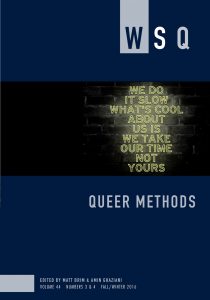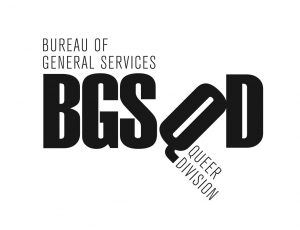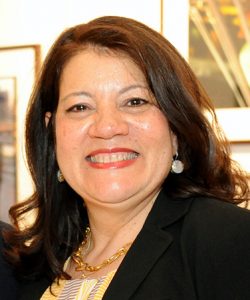I’m Carrie Hintz, one of the FFPP mentors; this is my second year working with the program. I’m excited to be beginning our work in earnest this coming Friday.
I enjoyed Katherine Chen’s remarks about collaborative learning communities–and how FFPP worked for her in her early years at CUNY. For more on writing groups–and perhaps some advice on sustaining your writing beyond FFPP–check out this practical and inspiring advice column by political theorist Claire Curtis, published in the Chronicle of Higher Education: “The Rules of Writing Group.” Claire echoes a number of Katherine’s points and talks in very interesting ways about being held accountable by your writing group.
Today I wanted to write about distraction and carving out writing time. A number of my colleagues, all at different stages of their careers, have been talking to me about how distracted (and of course distressed) they are by the news: glued to their Twitter feed, blown off course whenever an update comes in from the New York Times, endlessly sidetracked by stories and links popping up on their Facebook feed. No wonder we are all feeling unable to concentrate; it feels increasingly urgent to be vigilant about what is going on at both national and local levels. But our scholarship also calls us, and it too is urgent.

Even in happier times, it can be challenging to carve out time for your scholarship. Many colleagues new to the profession tell me that they rely on stretches of time (holidays, mostly) where they can get some traction on their work. Such open stretches of time are invaluable, and to be treasured, but the key to long term survival in the profession, I think, lies more in the ability to carve out smaller portions of time to write–and to not be pulled off track by email, class prep, housework, or any number of interpersonal obligations.
To do this—to seize those small increments of time–I have found the Pomodoro method invaluable. In the Pomodoro method, you set either a kitchen timer (like one of the tomato-shaped ones that the method is named after) or a digital timer for 25 minutes, then have a break of 5 minutes, followed again by 25 minutes of work. And so on. A video explaining the method can be found here. You can get Pomodoro apps for your phone, tablet or laptop as well.
When I was first introduced to the Pomodoro technique, I was not sure it would work for me–but it has helped me with the following:
- Conceiving of my writing as taking place in small increments of time rather than enormous, unbroken blocks of time–and that progress is absolutely possible within those smaller blocks.
- Resisting distractions for those 25 minute blocks of time–especially the urge to check email or the news. Often this resistance to distraction takes place 15 or 20 minutes into the writing session, where I can tell myself “only 5 or 10 minutes to go,” so no interruptions allowed.
- Taking regular breaks, which clears the mind and feels healthier physically and mentally.
I also find that the method works well if I am writing for long stretches and trying to “accumulate” several Pomodoros–but it works equally well when I have a day with several meetings and classes–because maybe I can fit in one “pomodoro” writing session, which is better than nothing and makes the next day’s work easier. This may not be the method for you, but I would certainly recommend it as one way to deal (in part) with these distracting times and get some writing done!










